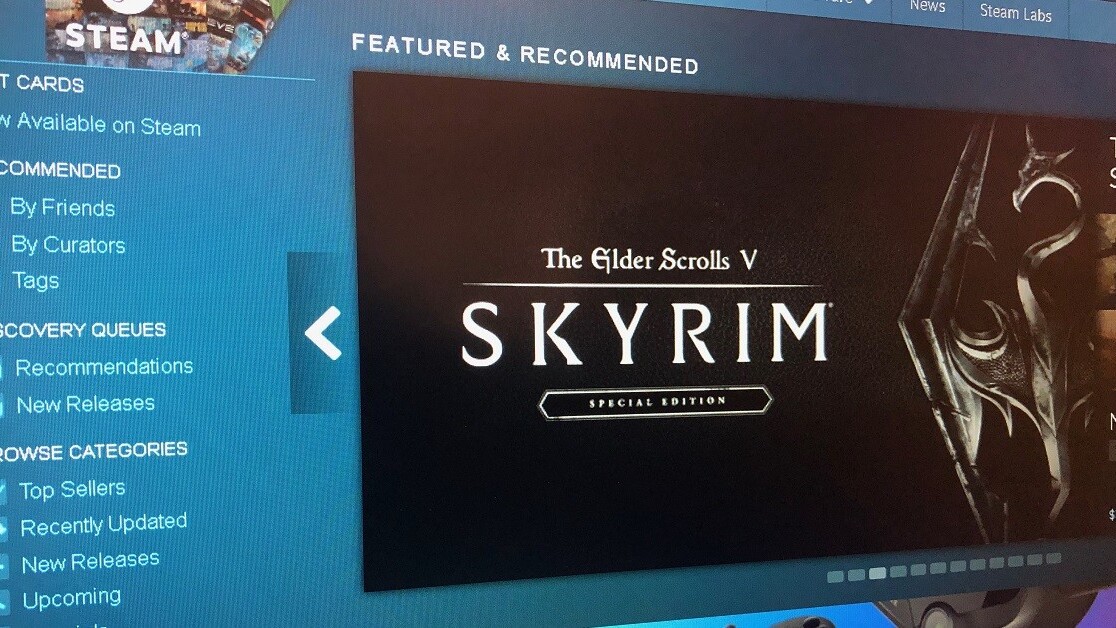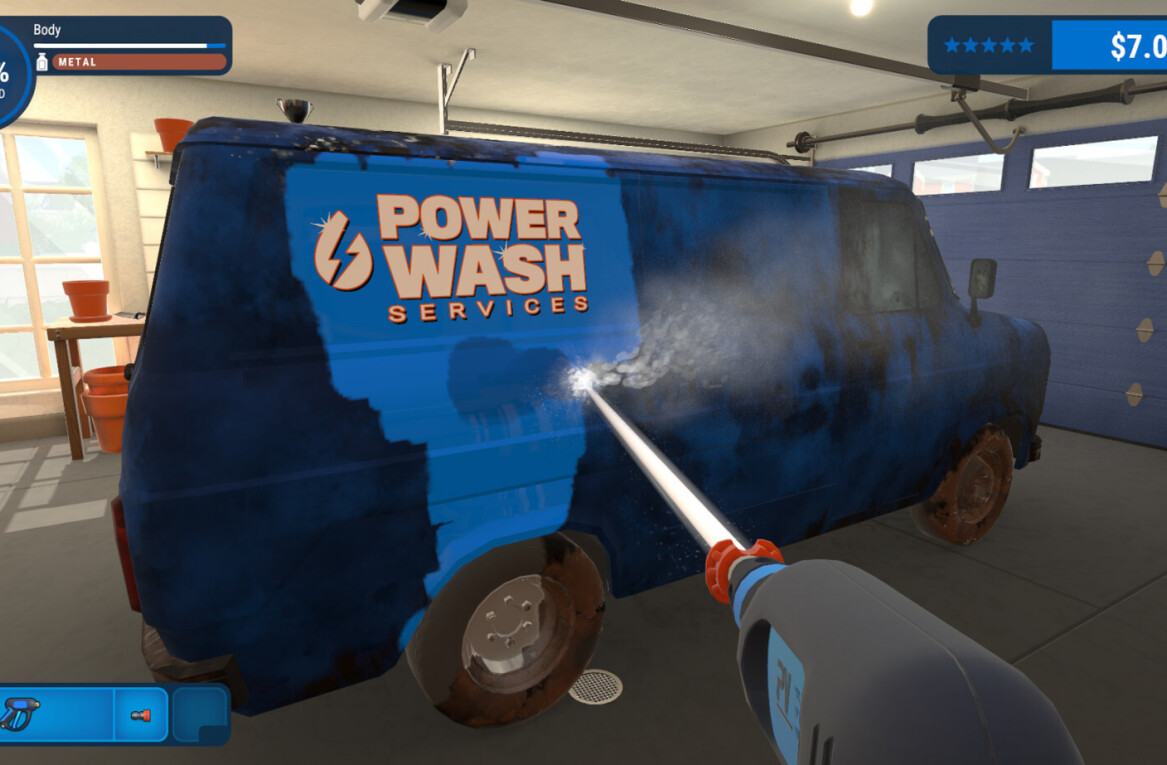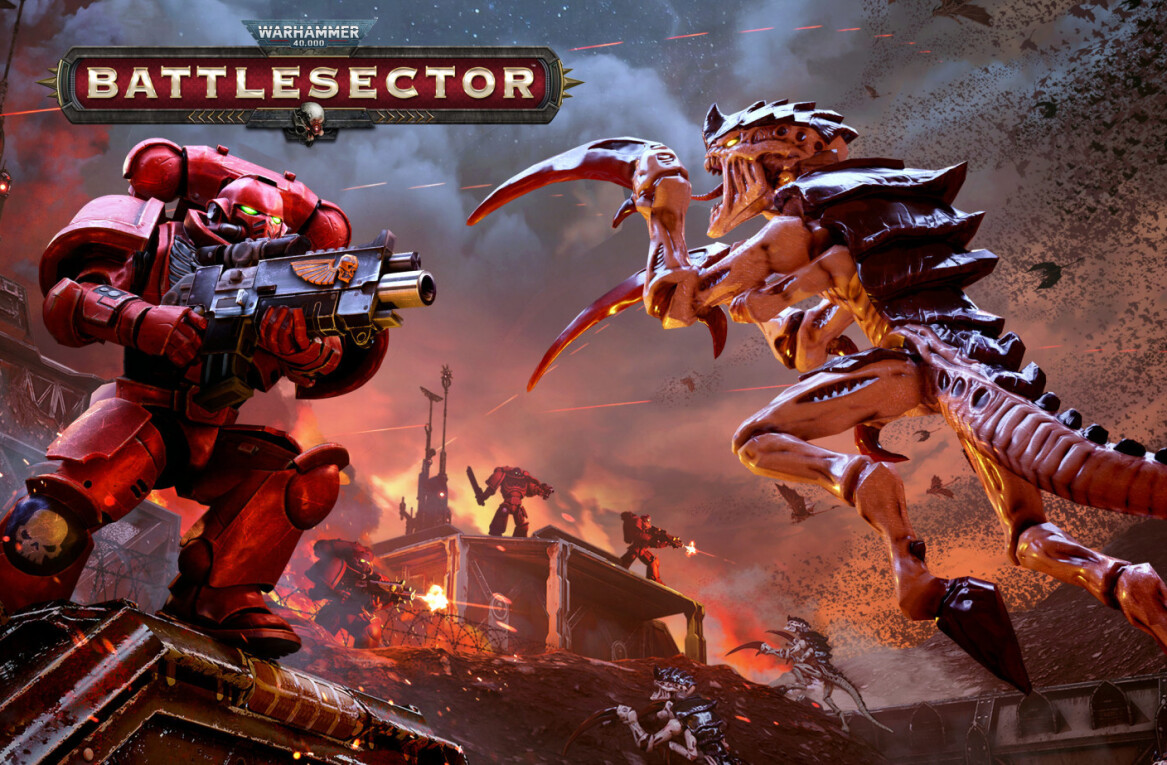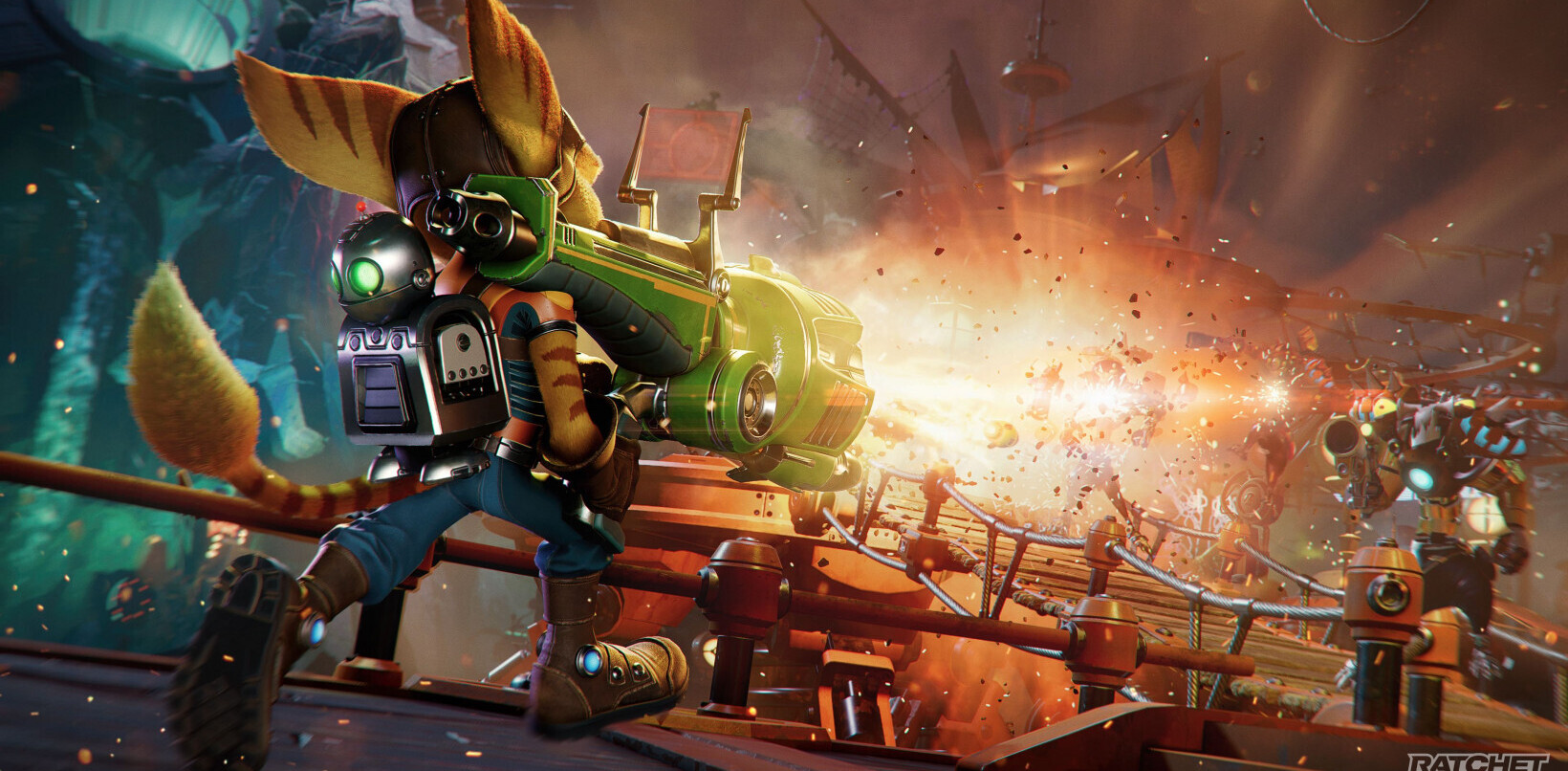
Steam was this week hit with a ruling from a French court that penalizes the site for banning the resale of digital games. This could potentially mean Valve’s platform — and others like it — will have to allow users to sell their game codes. So, assuming that happens, what would it mean for gamers?
The UFC Que Choisir, a French consumer rights group, filed against Valve, alleging that the company was illegally prohibiting the sale of personally-owned property (in this case, the purchased codes). Since Valve has no serious competition (yet) in terms of digital storefronts, this creates an unfair scenario for the consumer. The TGI de Paris, the court before whom the case was tried, ruled Steam’s prohibition against reselling purchased items isn’t enforceable, even those not tied to a piece of physical media.
This hasn’t yet created a single change in the platform — saying Steam can’t legally oppose something doesn’t necessarily mean Steam must support it — but it’s interesting to contemplate what it could mean for the future of digital gaming. If you could resell your digitally-purchased goods, how would that change the way games are marketed on a platform like Steam?
It’s technically feasible — game codes give each digital copy of a game a unique identifier, meaning you could, in theory, pass along a code and no longer have access to that particular game. And Steam already has a community marketplace, albeit one that’s mostly used for selling the platform’s trading cards.
But there’s the question of whether it can be done and the question of whether it should be done. The reselling of game discs or cartridges has always been begrudgingly accepted by game manufacturers, but always with the understanding that the consumer is at a disadvantage. Physical media deteriorates — discs can be scratched, cartridges warped — so anyone buying a used game runs the risk of getting a defective product. That means there’s still a good reason for them to pay full price for a new copy.
When it comes to digital copies, obviously that disadvantage is nonexistent. And would these resales include everything tied to that particular copy of a game, such as DLC or cosmetics? And if they do, should they?
With regards to Steam specifically, the platform frequently hosts fairly generous sales — if you get a game for sale, would you be obligated to sell it for the sale price? This seems only fair, lest someone try to start a business of reselling Steam games for a profit. But that would require Steam to automatically set prices if it were to allow users to resell games on its platform.
And that’s not even getting into the complicated history of game code sales by third parties. There are sketchy sites that sell game codes, such as those used on Steam, at steep discounts — G2A is one of the more infamous. Indie devs in particular have called out G2A for cutting into their already-lean profits and forcing them to lose sales by buying ads that display their key-purchasing service above more legitimate storefronts in Google.
That’s not to say the right to resell digital games would necessarily turn Steam into a sketchy code-selling site — heck, those exist already, independent of Steam. But it does beg the question of how much code reselling would cut into the profits of indie game devs in a similar fashion.
I’d be the first to say gamers should be able to dispose of their unwanted games in a manner that benefits them — I certainly wouldn’t mind recouping some of the thousands I’ve personally thrown into the Steam Summer Sales abyss. But, as with everything that involves money, and the law, it’s not quite that simple. If you’ve got an opinion on it, throw me a tweet or an email: I’d love to hear everyone’s thoughts on it.
Get the TNW newsletter
Get the most important tech news in your inbox each week.





